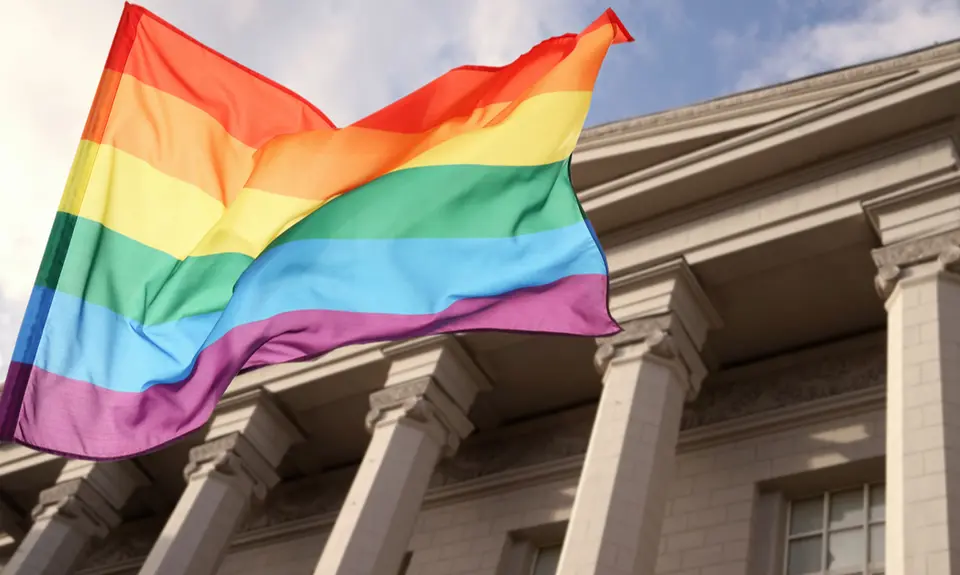Judge Alison Nathan, nominated by President Biden to the Second Circuit court of appeals, wrote a unanimous decision that rejected most of a photographer’s challenge to a state public accommodations law protecting LGBTQ+ people, and limited the photographer’s First Amendment challenge permitted by the Supreme Court. The July 2024 decision was in Emily Carpenter LLC v James..
What is the background of this case?
Emilee Carpenter is a New York wedding photographer who wants to “refuse her photography services to same sex couples.” She recognizes, however, that New York public accommodations laws “guarantee equal access to goods and services” to same-sex couples. She accordingly filed a federal lawsuit claiming that applying the law to her business would violate the Constitution.
The district court dismissed all of her claims. She appealed to the Second Circuit. She specifically asked that the appellate court enter a preliminary injunction in her favor on free expression grounds.
How did Judge Nathan and the Second Circuit Rule and Why is it Important?
Judge Nathan wrote a unanimous opinion that mostly affirmed the lower court’s opinion. She carefully explained why New York law did not violate Carpenter’s right to free association or free exercise of religion, the Establishment Clause, or the prohibition against vague and overbroad laws, and that the lower court was correct to dismiss all these claims. She concluded that ‘public accommodations laws generally do not violate the First or Fourteenth Amendments unless they are “applied in a ‘peculiar way’ so as to compel speech.”
With respect to Carpenter’s free speech claims, Judge Nathan recognized, as the state conceded, that the lower court ruling should be reconsidered in light of the Supreme Court’s decision in the 303 Creative case. But she rejected Carpenter’s claim that a preliminary injunction should immediately be entered in her favor on free expression grounds. Nathan explained that the district court should evaluate the request based on a “developed factual record” to determine whether the application of the public accommodations law “actually compels Carpenter’s expressive conduct,” as opposed to non expressive conduct with an “incidental burden on speech.” Unlike in 303 Creative, Nathan wrote, the state “did not agree to factual stipulations” on the expressive nature of Carpenter’s conduct, and the state should have the opportunity to “present evidence” on this issue. 303 Creative, Nathan concluded, is “far from an invitation for public accommodations to discriminate against same-sex couples” and instead requires proof of a burden on actual expressive conduct.
Judge Nathan’s opinion is obviously important to the continued viability of New York’s public accommodations law as applied to same sex couples. It sets an important precedent on that issue, particularly in the Second Circuit, which includes New York, Connecticut, and Vermont. The ruling also serves as a reminder of the importance of promptly confirming fair-minded judges to our federal courts.
